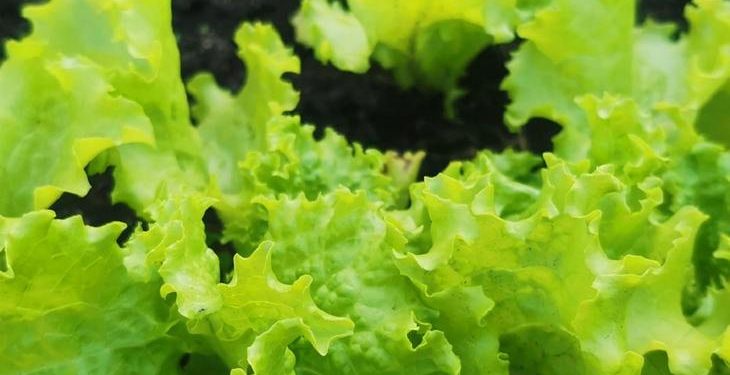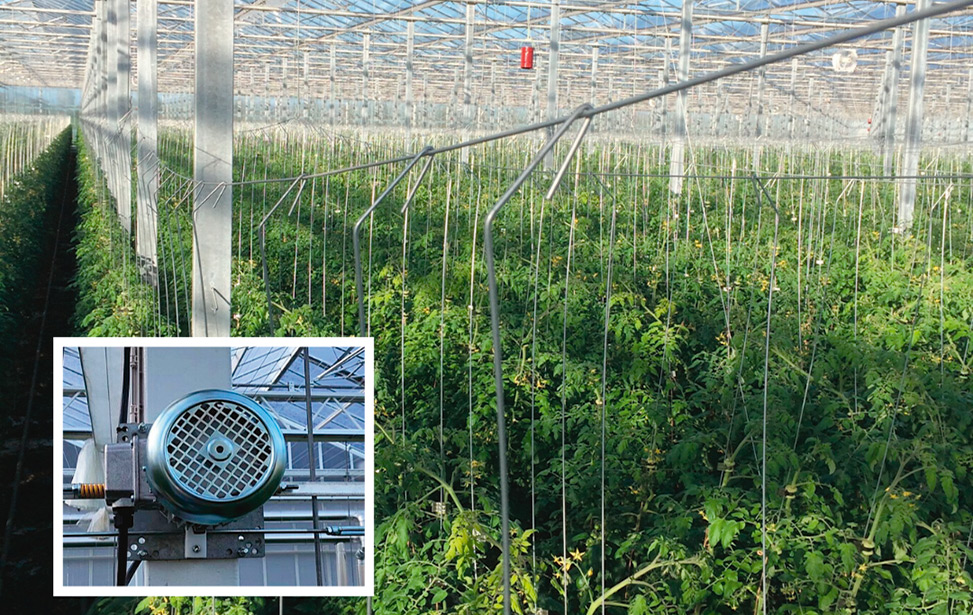Although it is difficult to grow greens and vegetables in a cold country year-round, a small business is up to the task. After all, Finns prefer to buy only local products and will not understand Polish tomatoes or Spanish salad on the shelves.
The www.hortidaily.com portal tells about the features of the local small greenhouse business in Finland.
… In the south-west of Finland, about 160 km from Helsinki, is Turku. With a population of around 175,000, it is the fifth largest city in the country and is surrounded by greenhouses run by DeliVerde, a lettuce and culinary herb company.
Finland is almost completely self-sufficient in lettuce and greens.
“Growing lettuce and herbs in our climate is not easy at all. It requires a lot, but thanks to many years of experience, the Finns have become specialists. Greenhouse area in Finland, for example, is larger than in Denmark, Sweden and Norway combined, and Finnish consumers love local produce. If supermarkets promote Danish salad or Polish tomatoes, success is by no means guaranteed. – Says co-owner of DeliVerde and at the same time sales manager Lisa Lindroth. – This is partly why we do not export much. Of course, it would be interesting to export, but it will hurt our business. Finns will not understand why we sell imported products under our brand. If we have a slightly smaller crop, so be it. Our clients know what horticulture is, although we control many greenhouse conditions where lettuce and culinary herbs cover an area of 2 hectares, plus there is another 3 hectares of outdoor seasonal vegetables. We started as a small business, and in fact we still are. It must be said that we started as a rose nursery, but fortunately due to tough competition from Dutch companies, among other things, we switched to lettuce and added herbs in the late 1990s. This turned out to be a much more profitable strategy.
Many Finnish lettuce growers grow small 100g lettuce varieties which are very popular here. So, as a small business, we had to take a different approach and opt for large head varieties. We give them time to grow slowly, so they are crispy, of excellent quality, keep well and are very tasty. Our herbs are also usually larger than their counterparts. As a result, the quality attracted the attention of expensive eateries, and today we supply some of the best restaurants in Finland. We have coriander, mint, basil, parsley, thyme, rosemary and dill, which Finns love with their fish dishes. Herbs sell especially well during the many spring holidays. Of the salads, the most popular are “ice” salad, salanova, lollo rosso and romaine.
In Finland, social motives and environmental concerns partly determine the preference for local cultivation.
“Importing lettuce from Spain does not work here. People see on TV how African seasonal workers work and live there, and what happens to all this plastic from greenhouses? These things affect the buying habits of Finns – not to deal with companies that do not comply with social and environmental laws. Manufacturers need to show that they are paying people at least the minimum wage,” says Lisa.
DeliVerde heats greenhouses with waste from oats and the furniture industry. “In winter, snow accumulates on the roof, but we continue production. Lisa Lindroth says – We clean the snow, heating the greenhouse just melts it. The heating system is located in a separate building. The boiler is multifunctional and uses wood waste from the furniture industry or oat waste. We are very environmentally friendly and reuse 100% of the water we use in greenhouses, and the plants grow in natural light, developing quite normally. Peat and vegetable waste from greenhouses are composted and then added to soil for outdoor cultivation. Finnish consumers consider the environmental component very important. And we are happy to take them into account,” concludes Lindroth.










